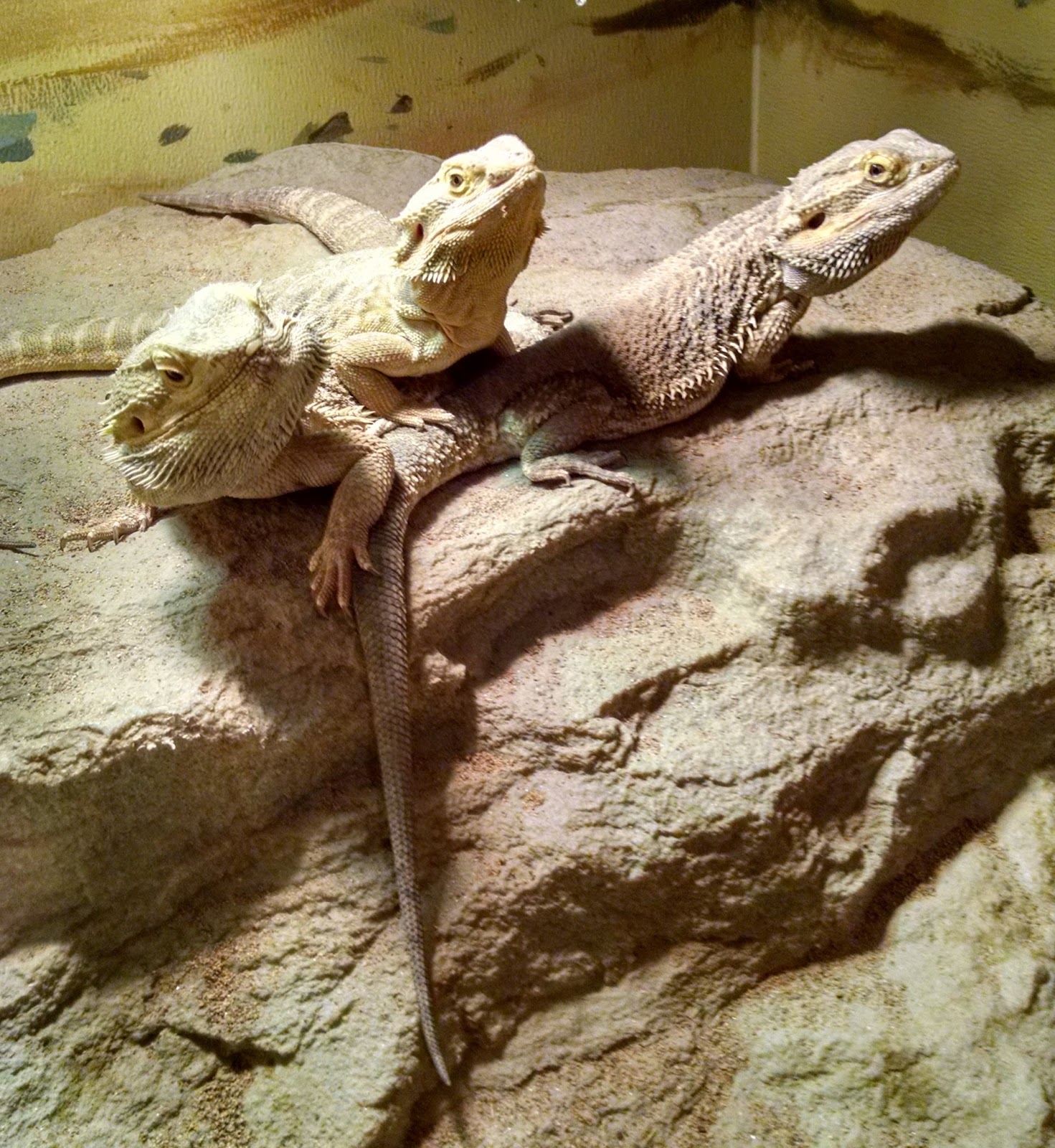Why is My Bearded Dragon Pooping Blood? A Beginner's Guide to Understanding This Serious Issue
Introduction
As a bearded dragon owner, it’s essential to keep an eye on your pet’s poop. If you notice blood in their stool, it can be concerning and alarming. But before you panic, take a deep breath, and read through this article to learn the possible reasons for blood in your bearded dragon’s poop and what you can do about it.
Possible Causes of Blood in Bearded Dragon’s Poop
There are several reasons why your bearded dragon may be pooping blood. Some of the common causes include:
1. Parasites
Bearded dragons can have parasites in their intestines, leading to diarrhea, bloody stool, and other health issues. Some common parasites that affect bearded dragons include coccidia, pinworms, and tapeworms.

2. Intestinal Blockage
Another reason for blood in your bearded dragon’s poop could be an intestinal blockage. This condition occurs when your pet has eaten something that their body cannot digest, leading to impaction or blockage in the intestines. The blockage can cause bleeding, nausea, and other severe health problems.
3. Inflammatory Bowel Disease
If your bearded dragon has inflammatory bowel disease, they may experience chronic inflammation of their intestines leading to diarrhea, bloody stool, and other symptoms. This condition can be caused by poor nutrition or a weakened immune system.

What Can You Do About It?
If you notice blood in your bearded dragon’s poop, you should take them to the vet immediately for proper diagnosis and treatment. Your vet may perform a fecal exam, blood work, or imaging tests to identify the underlying cause.
Depending on the cause, your vet may prescribe medications to treat infections or inflammation, recommend a special diet, or perform surgery for an intestinal blockage. Be aware that some conditions may require long-term treatment and monitoring.
It’s essential to keep a close eye on your bearded dragon’s poop regularly to notice any changes or signs of illness. Also, make sure your pet has a healthy balanced diet and good hygiene to prevent infections or other health issues.
Conclusion
Blood in your bearded dragon’s poop is a serious issue that should not be ignored. If you notice this symptom, seek veterinary care immediately to identify the underlying cause and prevent any further health complications. By taking proper care of your bearded dragon, you can ensure they live a happy and healthy life.
